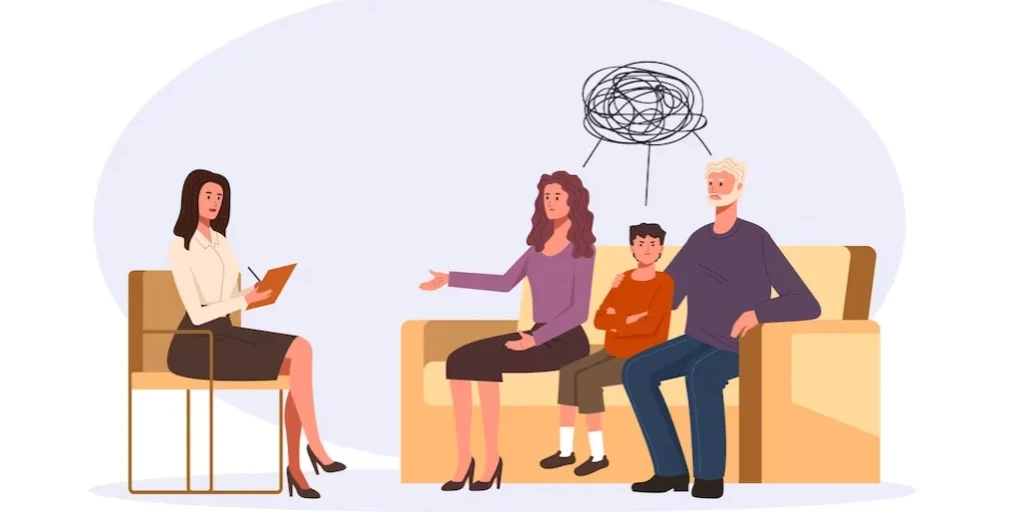has become a crucial component of addiction recovery, designed to provide ongoing support for individuals who have completed their initial treatment programs. Addiction can manifest in various forms, including substance abuse, alcoholism, and behavioral addictions, and these issues necessitate a multi-faceted approach to treatment. The Aftercare Support rehab centers in Cortland understand this complexity and tailor their programs to cater to diverse addiction needs. Founded in response to rising addiction concerns, these centers have made a significant impact in the region and across the US, providing not only the necessary medical and therapeutic interventions but also fostering a community of support that extends well beyond the walls of the facility. By integrating life skills training, relapse prevention, and ongoing counseling, these programs play an essential role in reducing the risk of relapse and ensuring long-term recovery success. With a focus on personalized care and holistic healing, the Aftercare Support rehab centers in Cortland work tirelessly to empower individuals on their recovery journey, emphasizing that recovery is not just a destination but a lifelong process. Whether someone is battling substance abuse or behavioral disorders, turning to a specialized rehab center can be a pivotal decision towards reclaiming a healthy, fulfilling life. The value of Aftercare Support treatment in Cortland lies in its commitment to restoration, rehabilitation, and resilience.
Learn more about Aftercare Support centers in Cortland




























































































































